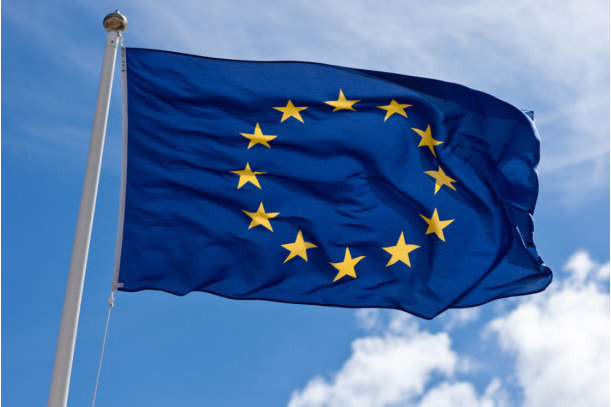Latest News
EU banks add €2.3 trillion to assets base despite geopolitical tension

News Highlight
The number of assets recorded a sharp drop between 2019 and 2020 in the wake of the pandemic.
A data report shared with Financial Nigeria by Finbold.com, a platform covering news on stocks, cryptocurrencies, banking, and more, says banks across the European Union (EU) member states as of Q3 2022 accounted for assets worth €29.01 trillion, representing a year-over-year (YoY) growth of 11.54% or €2.29 trillion from the €26.72 trillion recorded in Q3 2021.
“The European banking industry is navigating a tough economic environment complicated by geopolitical factors as fears of a possible recession loom,” Finbold notes. “Nevertheless, European banks seem to have adapted to the economic conditions to record growth.”
Notably, the number of assets recorded a sharp drop between 2019 and 2020 in the wake of the pandemic. During Q3 2020, the EU banking sector assets stood at €26 trillion, a drop of about 15% from 2019’s figure of €31.75 trillion. However, this period also coincided with a phase when assets held by Great Britain banks were removed from the EU aggregate, thus Q3 2020 figure was an estimation.
The value of EU banking sector assets peaked in Q3 2019, representing a YoY growth of over 6% from €29.81 trillion.
The research highlighted the implication of the geopolitical environment and its impact on the banking space.
According to the research report: “The growth in assets correlated with the rising geopolitical tensions following Russia’s invasion of Ukraine, a scenario that has made Europe strategically vulnerable. Indeed, the banks were at the forefront of helping regulators impose economic sanctions on Russia. Therefore, banks’ had to adhere, considering exposure to Russia in the wake of sanctions came with reputational and legal risk, a scenario that could have automatically affected asset growth.”
Although the banks are growing in assets, the momentum will likely be impacted by the prevailing recession concerns coupled with the continued geopolitical tensions, Finbold concluded.
Related News
Latest Blogs
- What is most important for Nigeria in 2026
- Restoring asset declaration as a tool of public accountability
- Tackling antibiotic resistance through safer food systems
- Big government, little governance
- What will matter in Nigeria in 2026
Most Popular News
- NDIC pledges support towards financial system stability
- Artificial intelligence can help to reduce youth unemployment in Africa – ...
- FRC Chairman commends NDIC for prompt remittance of operating surplus
- Pan-African nonprofit appoints Newman as Advisory and Executive Boards Chair
- Abebe Aemro Selassie to retire as Director of African Department at IMF
- Dollar slumps as Fed independence comes under fire







